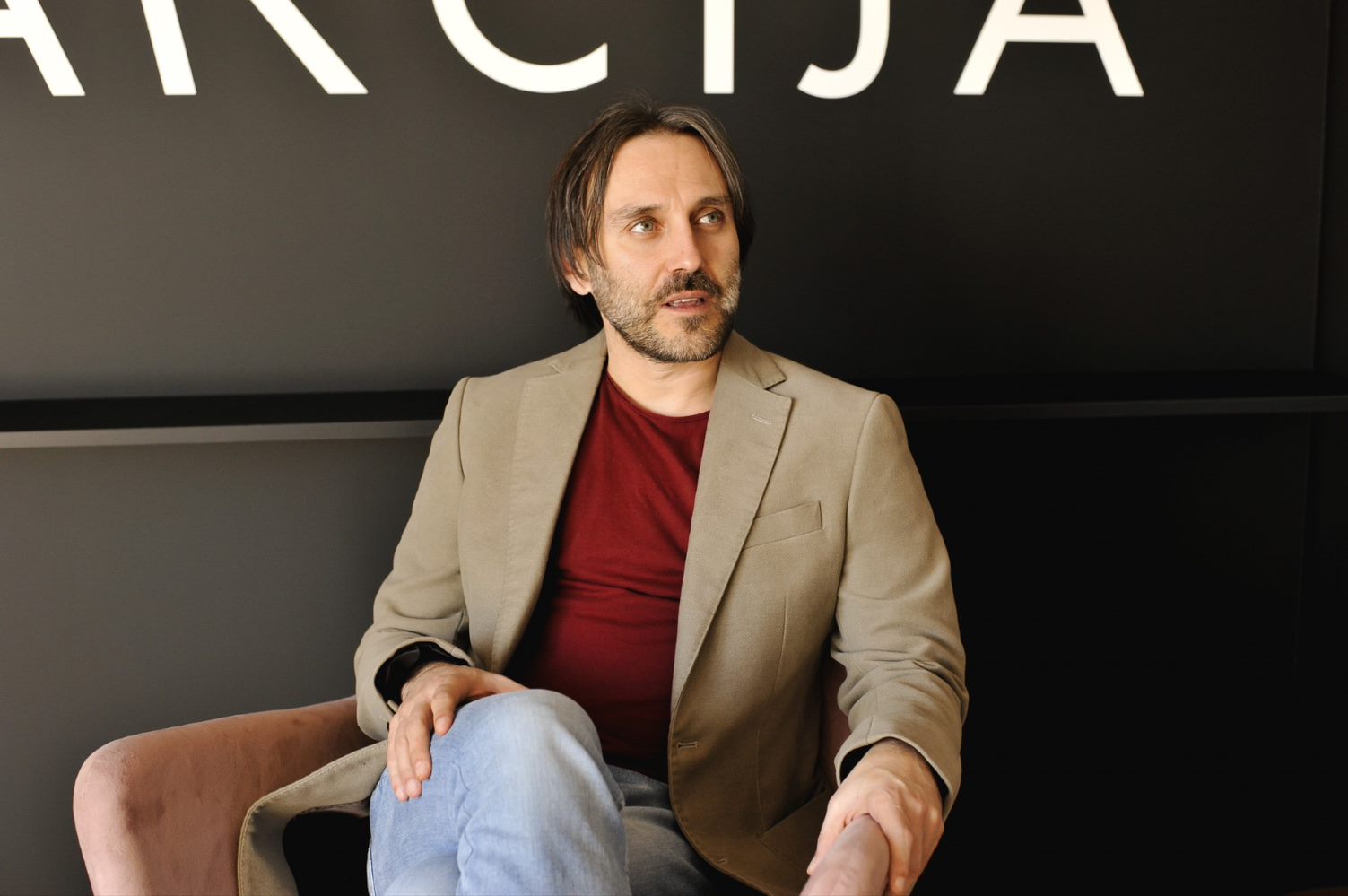The Center for Democratic Transition (CDT) appeals to the members of the Parliament to urgently unblock the functioning of this institution and ensure its smooth operation, in line with Montenegro’s Constitution.
Regrettably, due to numerous political calculations, elected representatives appear to have forgotten the essential need to have functional institution with responsibilities clearly defined by the Constitution and in line with democratic norms upheld by developed democracies.
Instead, they have chosen to prioritize their party interests over this essential institution, so even three months after the elections, we still do not have a functional parliament. Adding to this, the Assembly was dissolved on March 17, and since then, it has been unable to operate in accordance with the Constitution and the law, leading to the almost unbelievable fact that, by the decision of political elites, this vital institution has been deadlocked for almost half a year.
In an attempt to camouflage this situation from a public relations perspective, a model has been devised in which citizens are expected to believe that the Parliament’s functionality and resource allocation within the Government are inseparably linked. However, this narrative lacks a foundation in our Constitution or democratic norms. Additionally, clichés about respecting the “will of the people” aim to persuade us that the Parliament and the government are one and the same institution.
The earlier practice of treating the government as if it were the parliament, featuring daily voting during its sessions and the requirement of a two-thirds or three-fifths majority aligned with the ruling party to pass long-awaited and frequently obstructed reforms, contradicts the spirit of the Constitution and democratic principles. The constitutional amendments of 2013 were not intended for political trading or the creation of a single-party state. On the contrary, the purpose of these changes was to improve the position of the opposition during the era of the unchallenged rule of the DPS (Democratic Party of Socialists) and to select the best candidates with impeccable references. The same political logic extends to the electoral law, which is meant to empower the opposition when determining the conditions for fair elections.
However, Montenegro’s political landscape has been based on undemocratic principles for years, rather than upholding them. Undemocratic patterns of behavior with a decades-long foundation remain the key “principles” of political leadership, primarily serving the interests of political entities and various foreign centers of influence.
Following parliamentary elections, these patterns have resurfaced. Multiple parties and power centers, political actors, as well as both formal and informal power centers, do not want to respect democratic rules but instead seek to engage in politics through pressures, non-transparent negotiations, blatant political trading, and blackmail.
In democratic societies, those who have been granted a mandate should be able to make decisions rooted in principles and values, and be accountable for their actions. Montenegro needs a democratic and reform-oriented government ready to challenge these political patterns and oppose the provincial approach to politics. If forming such a government proves impossible, we believe that calling for early elections harms our society and the European Union accession process less than establishing yet another clientelist-populist executive authority.
Therefore, we call for the urgent establishment of vital institutions so that we can focus on policies and, at least to some extent, leave behind the politics and trading that have become a pattern that, if continued, will be detrimental for this society and state.
Dragan Koprivica,
Executive Director of CDT



